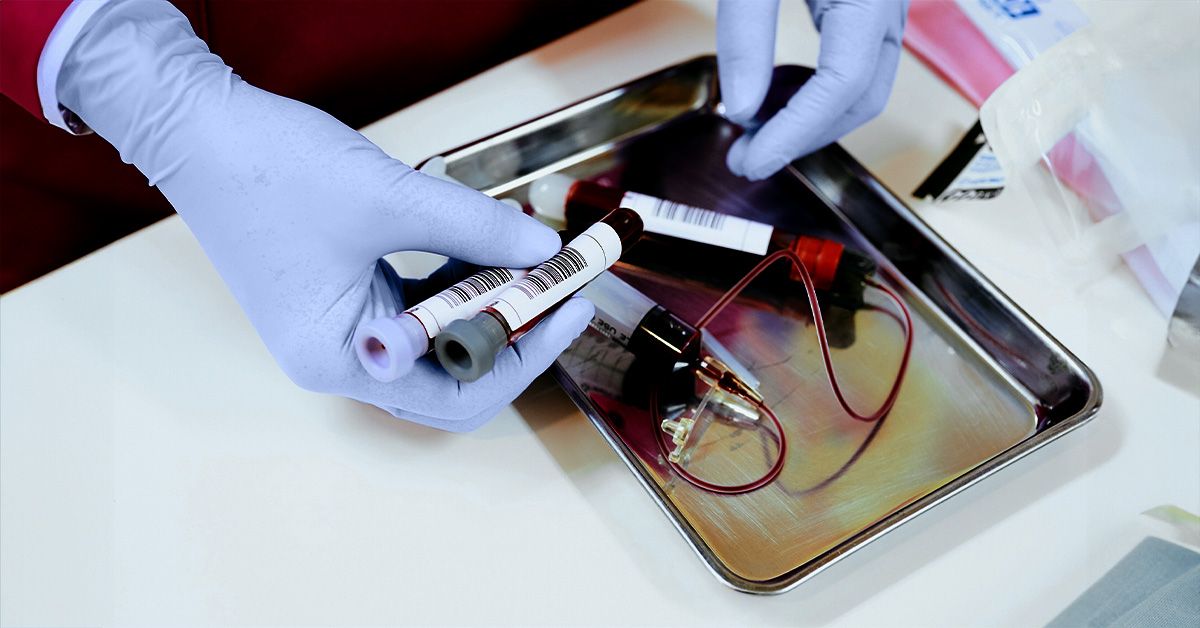New research from Oxford Population Health at the University of Oxford in the United Kingdom has revealed potentially groundbreaking information on the associations between thousands of blood plasma proteins and various types of cancers. The studies discovered that a significant number of proteins appeared linked to cancers that were not formally diagnosed until 7 years after blood samples were taken. This raises the exciting possibility of developing an early warning system for cancer detection.
The first study, published in Nature Communications, identified 371 plasma protein markers of cancer risk, with 107 being correlated to cancers that were not diagnosed until 7 years later, suggesting potential opportunities for early detection. The second study, also published in Nature Communications, observed relationships between 40 plasma proteins and common cancers. This research could pave the way for improved early detection and treatment of cancers, as well as potentially preventing them from occurring in the first place.
By analyzing data from the U.K. Biobank, the researchers were able to establish statistical links between 1,463 plasma proteins and 19 types of cancer in over 500,000 adults aged 39 to 73. The second study delved deeper into associations between 2,047 proteins and nine cancer types in 300,000 participants. The use of proteomics, the study of proteins, enabled a comprehensive exploration of the relationships between plasma proteins and cancer.
The study marks an important initial step in understanding how plasma proteins may be indicators of cancer risk. While the research identified potential links between plasma proteins and increased risk for various cancers including liver, digestive and gastrointestinal tract, and non-Hodgkin lymphoma, it is crucial to note that this is not definitive evidence of causation. The findings provide a foundation for further research to develop more targeted early detection and treatment strategies.
Despite the promising potential of using plasma proteins to detect cancer early, it is essential to proceed with caution. Disruption of protein levels or functions could have unintended adverse effects on the body’s key processes. Researchers are continuing to study the levels of proteins that should raise concern and are working towards understanding the hazards associated with targeting novel proteins for treatment. By leveraging genetic methods, they hope to predict potential side effects of targeting specific proteins and prioritize safer treatment options.
The research underscores the intricate role of proteins in the body, serving as essential components in various bodily functions and processes. Proteins play a crucial role in maintaining the body’s balance and regulating cellular functions. As we learn more about the relationships between plasma proteins and cancer, there is a potential for developing more effective and personalized strategies for early detection and treatment. This represents a significant breakthrough in the field of cancer research and could have far-reaching implications for improving patient outcomes and reducing the burden of cancer globally.









